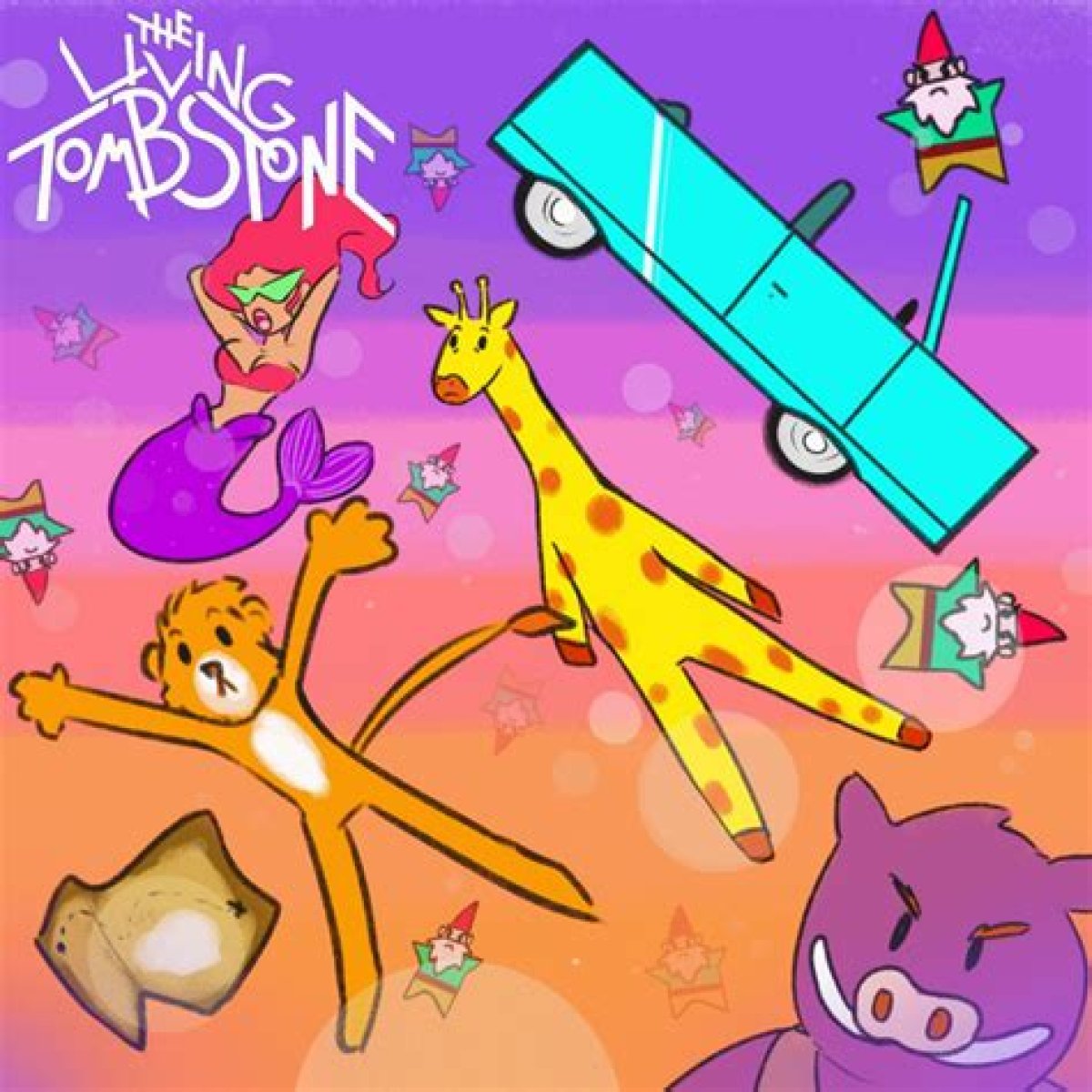As a music producer, I’ve had the opportunity to work with a wide range of artists and genres. However, there are certain songs that leave a lasting impact and resonate with me on a personal level. One such song is “My Ordinary Life” by The Living Tombstone. I first stumbled upon this song at a friend’s house, and I was captivated from the very first listen.
“My Ordinary Life” is an original song that cleverly incorporates samples from the Japanese anime Nichijou. The word “nichijou” translates to “daily” or “ordinary,” which provides insight into the song’s name. The lyrics of the song, though seemingly straightforward, hold a deeper meaning and touch upon various themes.
The song begins with the lines, “They tell me keep it simple, I tell them take it slow. I feed and water an idea so I let it grow.” These lyrics reflect the artist’s desire to pursue their creative vision and nurture it, despite others suggesting a simpler approach. It’s a relatable sentiment for anyone involved in the music industry, where originality and innovation often clash with conventional norms.
Throughout the song, the artist delves into the notion of fame and disillusionment, creating a commentary on the modern state of rap and the music industry as a whole. The lyrics, “They tell me I’m a god, I’m lost in the facade. Six feet off the ground at all times, I think I’m feelin’ odd,” depict the conflicting emotions that come with success and the pressure to maintain an image.
In the chorus, the phrases “Stayin’ still, eyes closed. Let the world just pass me by. Pain pills, nice clothes. If I fall, I think I’ll fly” evoke a sense of resignation and a desire to detach oneself from the chaos of the world. The lyrics paint a picture of someone seeking solace in their own thoughts and finding strength within themselves.
The song’s outro further emphasizes this notion as it states, “I feel fear for the very last time.” It suggests a personal transformation and a departure from the anxieties and insecurities that once plagued the artist.
It’s interesting to note that “My Ordinary Life” received mixed interpretations. Some see it as a reflection of the artist’s experience with fame and the pressures of the music industry, while others have connected it to their own everyday struggles and the pursuit of personal happiness.
To me, this song serves as a reminder of the power of music to convey complex emotions and touch upon universal human experiences. It speaks to the resilience and determination required to find one’s own path, even amidst societal expectations and the often tumultuous music industry.
In terms of production, The Living Tombstone’s use of samples from Nichijou adds an interesting layer to the song. The fusion of electronic elements and rap further enhances the overall impact, creating a unique sonic experience.
As a music producer, “My Ordinary Life” has inspired me to push boundaries, challenge existing norms, and create music that resonates with listeners on a deeper level. It serves as a reminder to embrace the artistic journey, regardless of the pressures and expectations that may come with it.
In conclusion, “My Ordinary Life” by The Living Tombstone is more than just a catchy tune or a clever mix of samples. It’s a song that delves into the complexities of fame, self-discovery, and the pursuit of one’s own path. Whether you connect with it on a personal level or appreciate its production value, this song is a testament to the power of music to convey emotions and tell stories.
